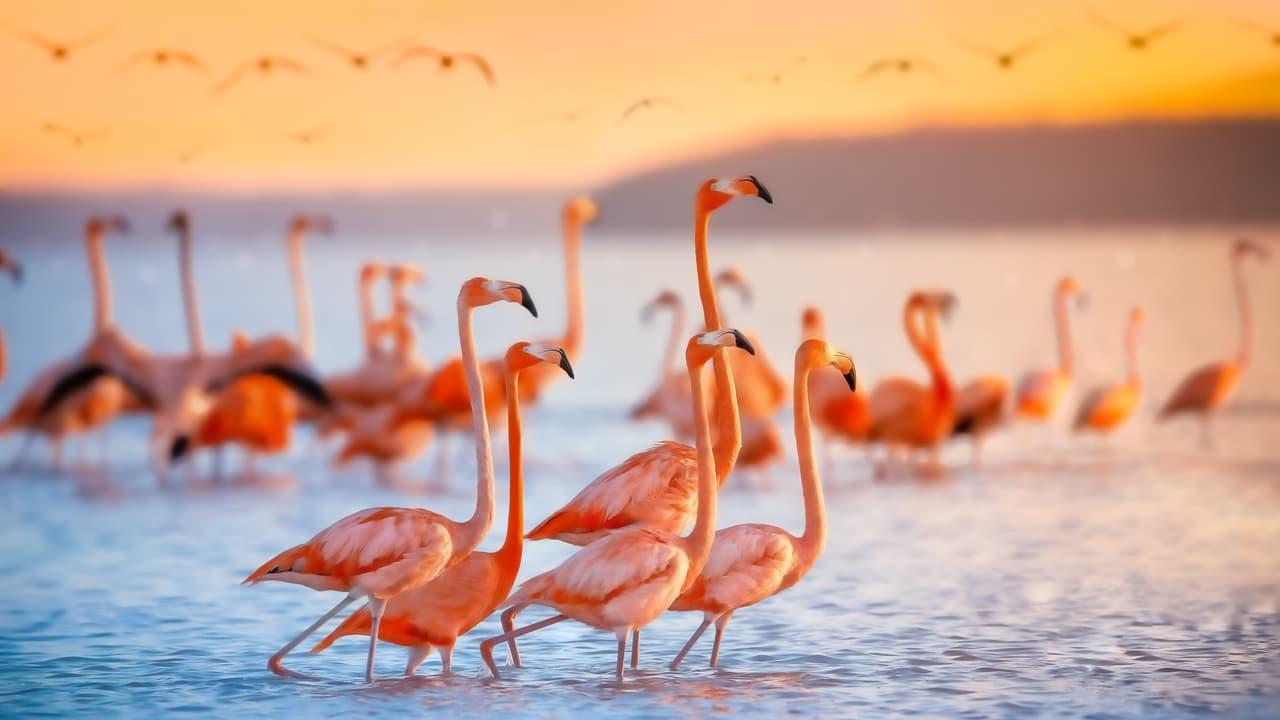
Flamingos Reveal The Secret To Aging Slowly Through Migration
Why do some animals live longer than others? A groundbreaking 40-year study of flamingos in France has revealed that migration influences aging. The research shows that while resident flamingos enjoy early-life advantages, they pay with faster aging, whereas migratory flamingos endure hardships early but age more slowly - living healthier, longer lives.
Flamingo Study: A Window into Aging
Scientists from Tour du Valat, in collaboration with international partners, followed thousands of greater flamingos (Phoenicopterus roseus) since 1977. Using a tagging and monitoring program in the Camargue wetlands of France, they compared two groups:
Residents – Flamingos that remain in France year-round.
Migrants – Flamingos that travel seasonally to Italy, Spain, or North Africa.
Their findings, published in Proceedings of the National Academy of Sciences (PNAS), show that migration shapes lifespan and aging rates.
Residents vs. Migrants: A Trade-off
At the start of adulthood, resident flamingos thrive. They reproduce more successfully and survive winters better than migrants. However, this early success comes at a cost. As they age, they show 40% faster decline, with reduced reproduction and higher mortality.
Migratory flamingos, by contrast, face early struggles. Their long journeys reduce survival and reproduction in youth. Yet, in later years, migrants show slower aging, with aging onset delayed by more than a year compared to residents (21.9 years vs. 20.4 years).
This demonstrates a fascinating trade-off between early vitality and long-term health.
Migration and the Biology of Aging
“This study highlights that migration - a behavior seen in billions of animals - can influence aging,” explains Sébastien Roques of the CNRS.“Residents live intensely at first, but pay later. Migrants sacrifice early performance but age more slowly.”
Flamingos are ideal models because they are long-lived (some live past 50 years) and show both resident and migratory behaviors in the same population. This unique diversity provides scientists with powerful insights into how lifestyle shapes aging.
Aging: More Than Genetics
The study supports a growing idea in biology: aging varies not only between species but also within species. According to Hugo Cayuela of the University of Oxford,“Behavioral and environmental differences, such as migration, can alter how quickly individuals age - even within the same species.”
This aligns with centuries of scientific and philosophical curiosity about why we age and how lifespan is determined.
Tour du Valat: Long-Term Research in the Camargue
Founded in 1954, Tour du Valat has been a leader in Mediterranean wetland conservation. By tagging flamingos with leg rings readable from a distance, researchers have been able to track individuals for decades - building one of the world's most valuable datasets on wild animal aging.
This work highlights not only the biology of aging but also the importance of long-term ecological research in understanding the balance between life history, behavior, and environment.
Why This Matters
This flamingo study shows that:
Migration influences aging and longevity.
Lifestyle trade-offs shape survival and reproduction.
Environmental behaviors can explain differences in lifespan.
By studying flamingos, scientists are uncovering principles that may apply across species - including humans.
Legal Disclaimer:
MENAFN provides the
information “as is” without warranty of any kind. We do not accept
any responsibility or liability for the accuracy, content, images,
videos, licenses, completeness, legality, or reliability of the information
contained in this article. If you have any complaints or copyright
issues related to this article, kindly contact the provider above.


















Comments
No comment